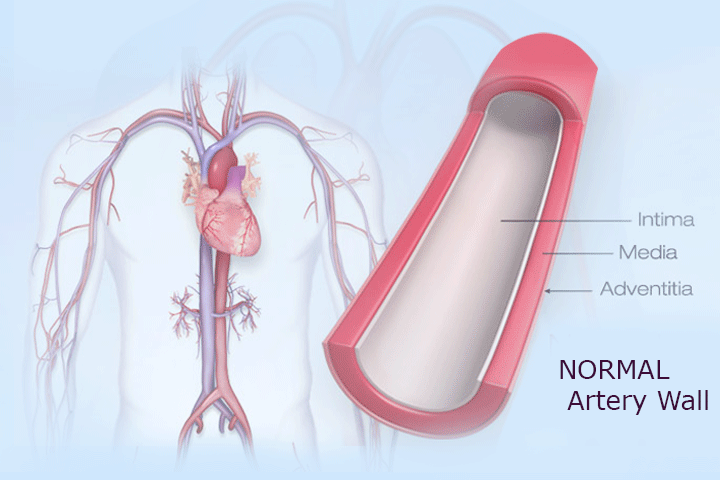RADIAL CORONARY ANGIOGRAPHY
Trans radial cardiac catheterization is a procedure used to treat and diagnose certain heart conditions. It is also known as Trans radial cardiac cath or angiography.
During the procedure, a healthcare provider inserts a long thin tube (catheter) through the radial artery. The radial artery is a blood vessel in the arm. He or she then threads this tube through the blood vessels all the way to the heart with the help of special X-rays.

This tube may have various tools attached to it, depending on the reason for the procedure. For example, the healthcare provider may put a special dye inside the catheter to take X-ray pictures of the arteries in your heart. The catheter might have a balloon attached to it. This catheter and balloon help open up blockages in your heart’s arteries.
Consult with Heart Specialist
Call: 98705 31955
Frequently Asked Questions
What is Radial Angiography?
Coronary Angiography done through the wrist is Radial Angiography.
Do I need to get admitted to Radial Angiography?
Both Radial Angiography and femoral angiography are day care procedures, Radial patient can be discharged after 2 hours and femoral patient can be discharged after 6 hours.
Do I require fasting for Radial Angiography?
For both radial and femoral angiography or angioplasty, 4-6 hours fasting is ideally required.
What to Expect From Your Visit
Your cardiac nurse or cardiologist will check your vital signs and perform a physical exam. They may also order a number of tests and diagnostic procedures, depending on your symptoms, risk factors and health history. One test you may be asked to take is a stress test, used to measure your heart’s response to stress in a controlled environment. Additional tests may include a lipid panel, angiogram (also called arteriogram), electrocardiogram (EKG) and ultrasounds.
Contact us
Call Us
98705 31955
Email Us
rrajani20@gmail.com
Our Location
Rinku Apartment, 317, Ground Floor, Linking Road, Khar(W), Mumbai, Maharashtra – 400 052.
